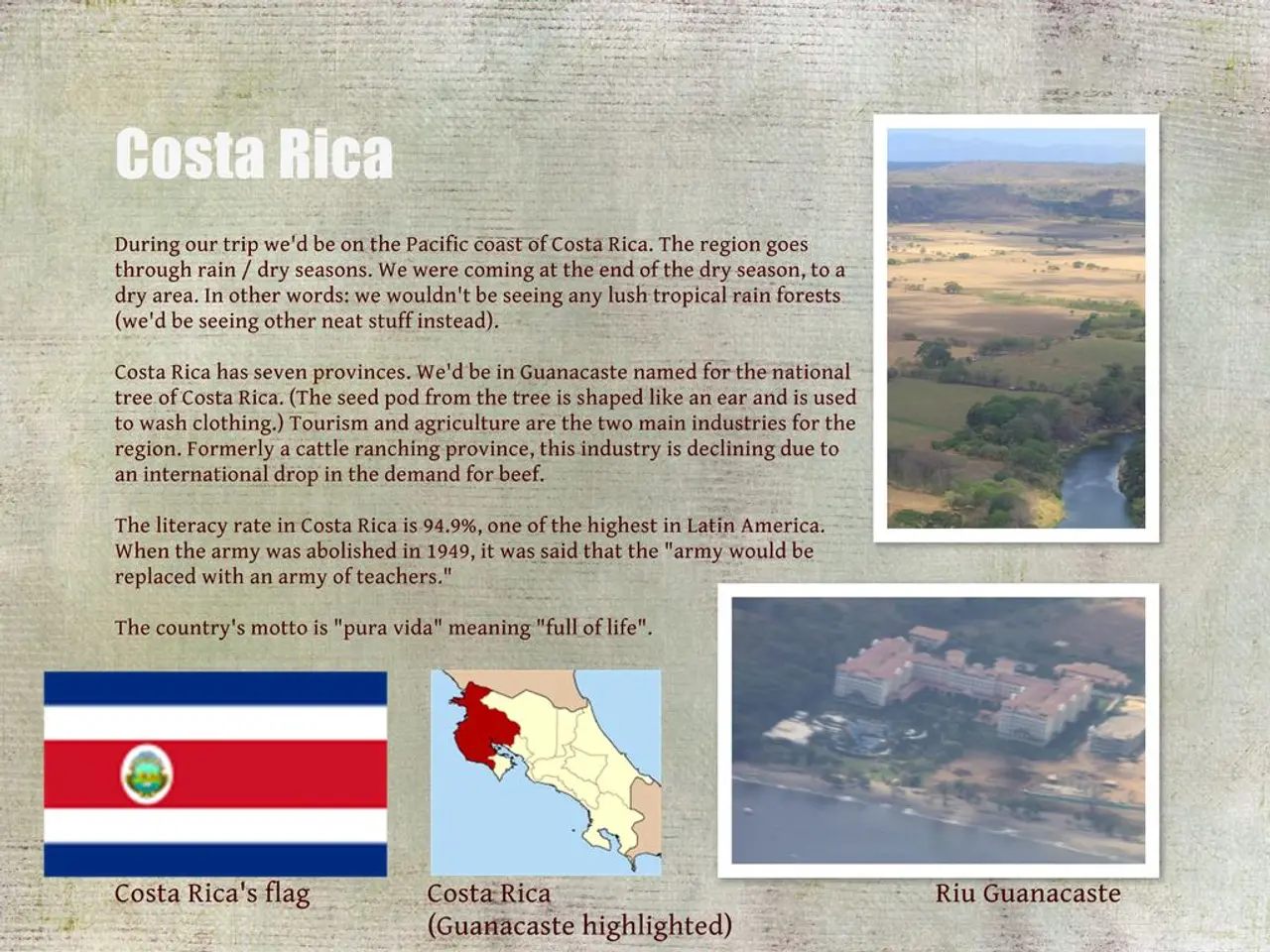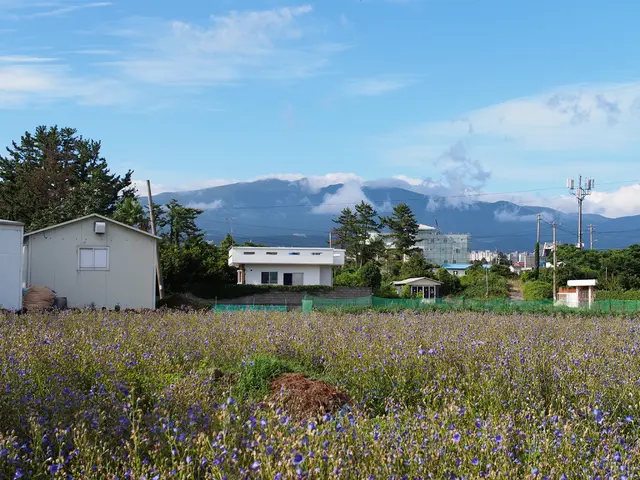Puerto Rico's Parliament Passes Ambitious Energy Reform Law Aiming for 100% Renewables by 2050
Puerto Rico's parliament has passed a significant energy reform law, the Transformation of the Electrical System Law. This new framework aims to enhance electrical security and resilience, with an ambitious goal of achieving 100% renewable energy by 2050. However, the role of cooperatives and municipalities in this transition remains unclear.
Before the devastating hurricanes Maria and Irma in 2017, Puerto Rico's energy system heavily relied on fossil fuels, with petroleum and natural gas accounting for 81% of its energy mix. The storms destroyed a significant part of the electric grid, leading to a 60% drop in electricity generation. The new law seeks to rebuild the system, but critics argue it lacks clear incentives to reach the 2050 renewable energy target.
Puerto Rico has vast potential for renewable energy, with wind, solar, and ocean wave resources capable of providing an estimated 115% of its electric energy demand if only 10% of these resources were utilized. The Institute of Energy Economics and Financial Analysis (IEEFA) suggests that the bill does little to deter the development of natural gas, which is primarily imported as LNG. The law allows individuals to become 'prosumers', producing and selling their own small-scale energy, and facilitates the interconnection of distributed generation and microgrids. It also privatizes the Puerto Rico Electric Power Authority (PREPA), with no supplier allowed to own more than 50% of the generation assets.
The Transformation of the Electrical System Law marks a significant step towards a more resilient and sustainable energy future for Puerto Rico. However, the role of cooperatives and municipalities in this transition remains uncertain. While the law allows for individual energy production and interconnection, the lack of clear incentives for renewable energy and the potential for increased reliance on imported natural gas raise questions about the path to a fully renewable energy system by 2050.








